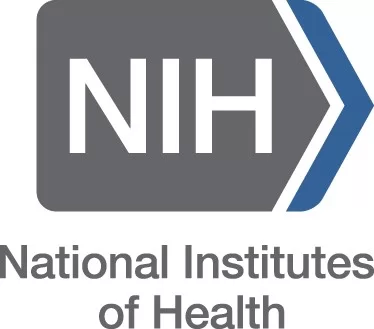Jason Castro receives NIH INBRE pilot funding
Associate Professor of Neuroscience
Congratulations to Jason Castro, Associate Professor of Neuroscience on his recent NIH Maine INBRE pilot funding award. The central goal of the project is to use graph neural networks (GNNs), a type of deep learning architecture to understand how molecular features of smells are represented as maps of activity in the brain. In the process, Jason hopes to be able to address a debate in the field of olfaction between two competing hypotheses about how the brain encodes smells – the “ecological” coding hypothesis, which predicts that the brain organizes molecules by their shared behavioral relevance or ecological utility (e.g. ‘predator’, ‘prey’, ‘food’, ‘fermented’ odors), vs. the “physicochemical” coding hypothesis, which predicts that smells are organized by intrinsic chemical properties (functional group, molecular weight, polarity, etc).
This pilot funding supports the migration of Jason’s research toward an exclusive focus on neural computation and provides support for several undergraduates with different levels of computational experience.
Research reported in this publication was supported by an Institutional Development Award (IDeA) Networks of Biomedical Research Excellence (INBRE) from the National Institute of General Medical Sciences of the National Institutes of Health under grant number P20GM103423
Faculty Featured

Jason B. Castro
Associate Professor of Neuroscience

